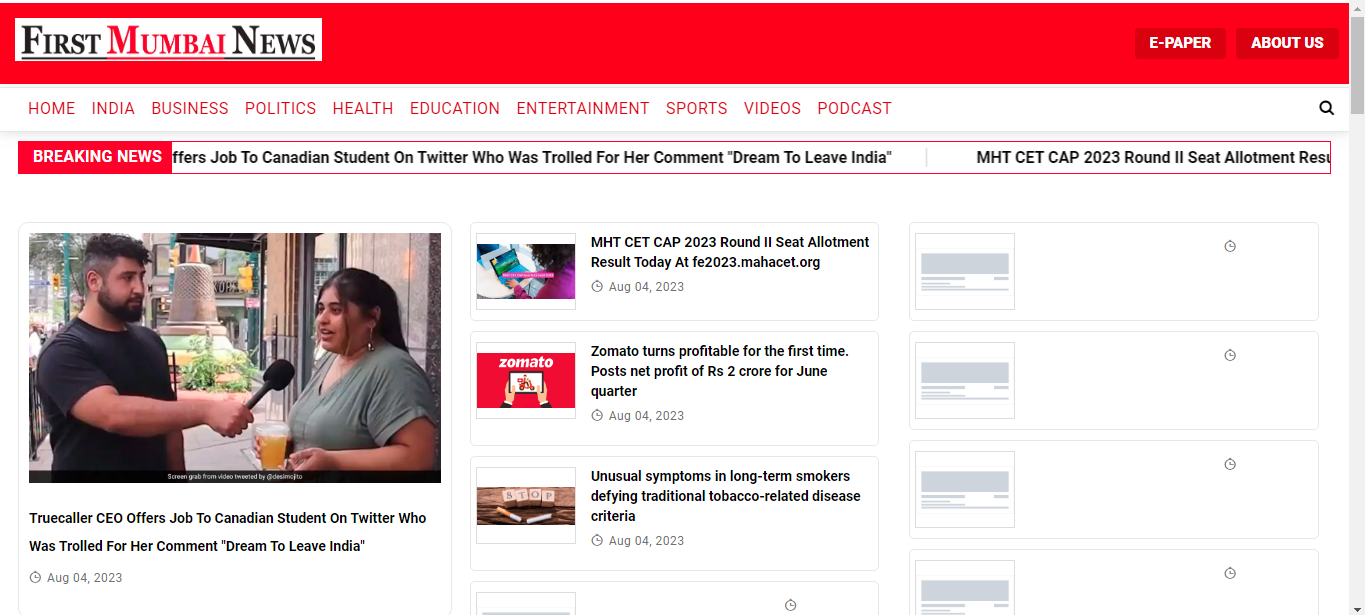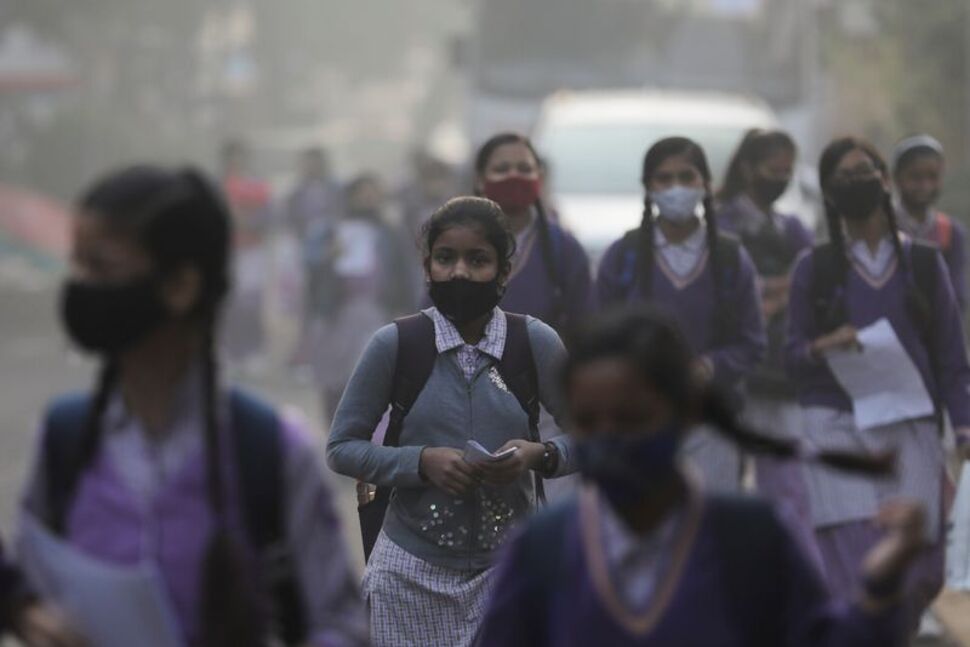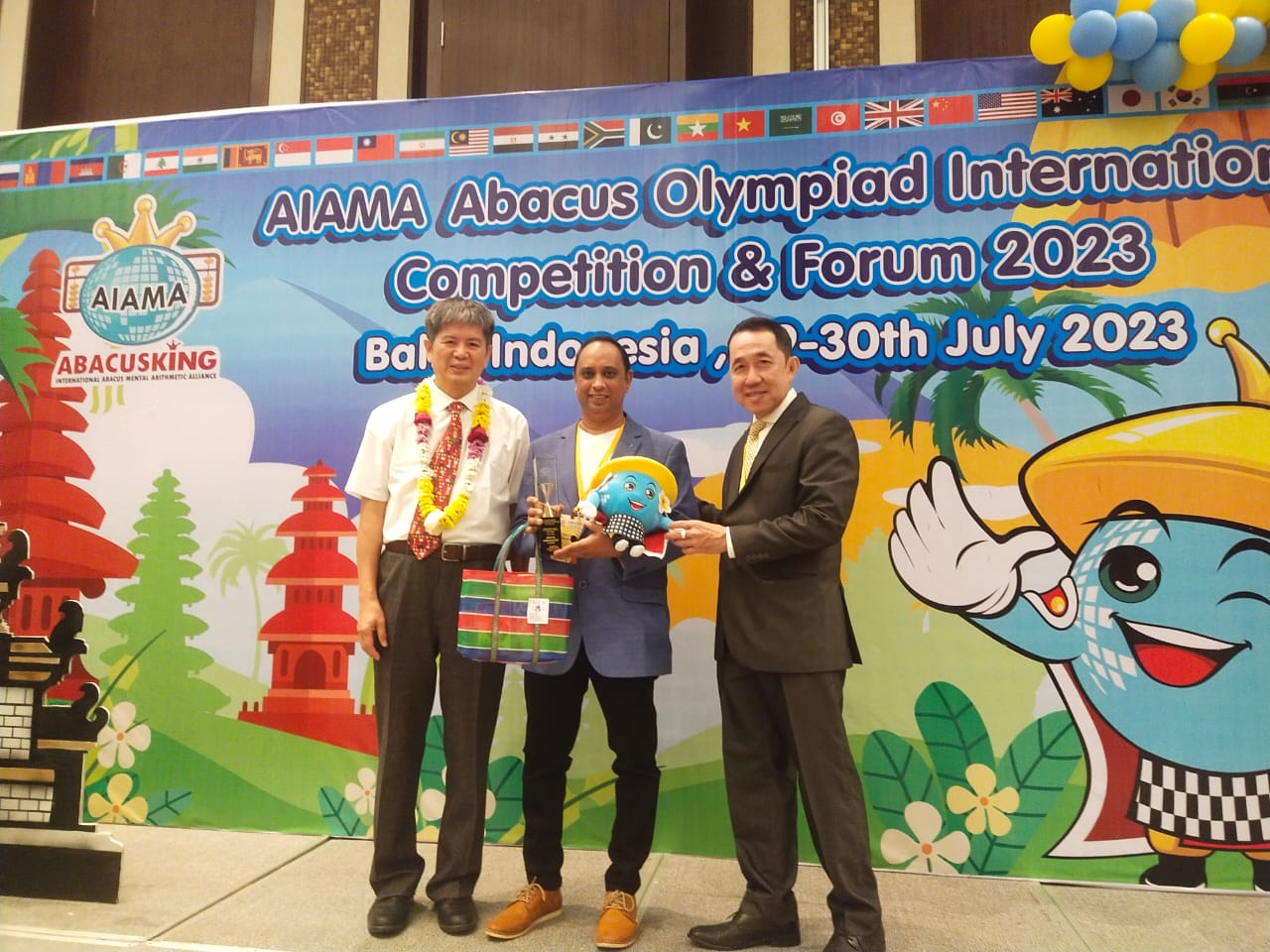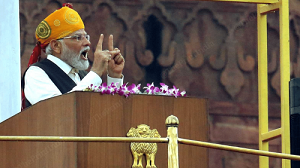
POLITICS
Congress has revamped working committee but 1/4 of them have never won an LS or assembly poll
- Admin
- Sep 01, 2023
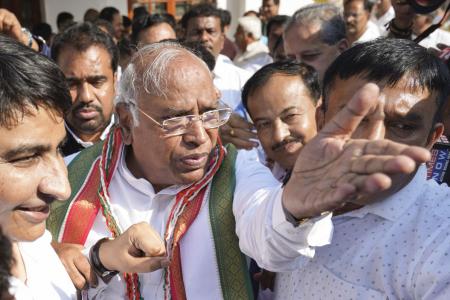
Congress has revamped working committee but 1/4 of them have never won an LS or assembly poll
analysis of Election Commission data shows half of those in CWC constituted by Mallikarjun Kharge lost last election they contested, either at state or Lok Sabha level.
More than a quarter of the 84 members and invitees of the newly reconstituted Congress Working Committee (CWC) have either never contested or never won a Lok Sabha or assembly election.
Further, about half of those in the CWC lost the last election they contested, either at the state or Lok Sabha level, analysis of data from the Election Commission (EC) and Ashoka University’s Lok Dhaba — a repository of Indian election results — has shown.
Take for example, A.K. Antony. The former Union defence minister and CWC permanent member won his last election in 2001 — in the Kerala assembly polls. Since then, he has been nominated to the Rajya Sabha multiple times between 2005 and 2022. He has never contested a Lok Sabha election.
Another former Union minister and CWC permanent member, Anand Sharma, has only contested one election in his life, the 1982 Himachal Pradesh polls, which he lost to the BJP’s Daulat Ram. He has never contested a Lok Sabha election and has been nominated to the Rajya Sabha multiple times.
A third former Union minister and CWC permanent invitee with a patchy electoral record is T. Subbarami Reddy. The businessman from Andhra Pradesh won his last election in 1998, when he was elected to the Lok Sabha from Vishakhapatnam. He lost in the 1999 Lok Sabha elections, but was nominated to the Rajya Sabha three times after that.
Another case is that of Avinash Pande, an All India Congress Committee (AICC) general secretary in charge of Jharkhand and CWC permanent member, who last won an electoral victory during the 1985 Maharashtra polls.
Rajani Patil, the party’s in-charge of the Union territories of Jammu & Kashmir and Ladakh, last won an election in 1996, and that too on a Bharatiya Janata Party (BJP) ticket, when she was elected to the Lok Sabha from Beed.
Congress chief Mallikarjun Kharge reconstituted the CWC, the party’s top decision-making body, earlier this month. Among the 84 people are 39 permanent members, 18 permanent invitees, 14 state and four organisational in-charges, and nine special invitees.
The ruling Bharatiya Janata Party (BJP) has taken a dig at the opposition party, claiming the poor poll record of many of the CWC members and invitees to be a reflection of the fact that the Congress doesn’t have enough elected representatives.
But according to Alka Lamba, a special invitee to the CWC, the Congress’s top decision-making body is an inclusive one, with representation across communities and ages, where poll performance is not a necessary criterion for inclusion.
“Since 2019 [the last Lok Sabha elections], those who have been fighting on the ground in various states have been chosen to take the fight forward. There was a kind of testing all this while. For example, I was made the Punjab communications head and then Goa communications head. Then I was in Himachal for three months. We were given assignments,” Lamba said.
The Congress leader further said that the CWC is not made up of only those who fight elections — it also needs those who can make others fight elections.
“When you fight elections, someone will see a publicity campaign, some will see a manifesto, others will see logistics and some will take care of the finances. There are those who’ll fight and then there are those who will make them fight.”
She added, “I don’t think it should be an issue if someone didn’t fight an election and (still) reached the CWC. The thing that matters is the amount of contribution to society and loyalty towards the party.”
also reached Congress spokesperson and party in-charge for communications Jairam Ramesh for comment over phone. The article will be updated once a response is received.
BJP national spokesperson R.P. Singh, meanwhile, alleged that the Congress “machinery does not have scope to win elections” and that this is borne out by the presence of so many leaders in the CWC who have either never contested or won an election in their political career.
“They mostly have people who have lost elections. Then where will they get people who have won elections? That’s why they have only those people who have lost elections (in the working committee).”
He added: “They don’t have enough elected people to put in their committee and it will continue for some time. The kind of policies they have, it is not possible for them to win elections.”
Political analysts feel, however, that the presence in the working committee of those who may not have contested, or performed well, in Lok Sabha and assembly elections should not be a cause of worry for the Congress.
“The working committee is the apex body of the Congress which is meant for looking at a lot of things and not just deciding how to win elections. It has to look for party funds, party organisation, party structure and other things,” said Sanjay Kumar of the Centre for the Study of Developing Societies.
He added that the composition of the committee needs to be also viewed from the perspective of state representation, caste representation, and the balance of senior and junior — in terms of experience — party members.
Speaking on the relevance of apex decision-making bodies like the working committee in the Congress and the parliamentary board in the BJP, Kumar said, “(They are) relevant only to an extent of giving a sense that the party is working democratically. I am not sure how much democratic decision-making takes place in such meetings whenever BJP’s parliamentary board or Congress working committee meets.”
The political scientist further said: “Such committees are largely notional, though sometimes they do help in decision-making.”

